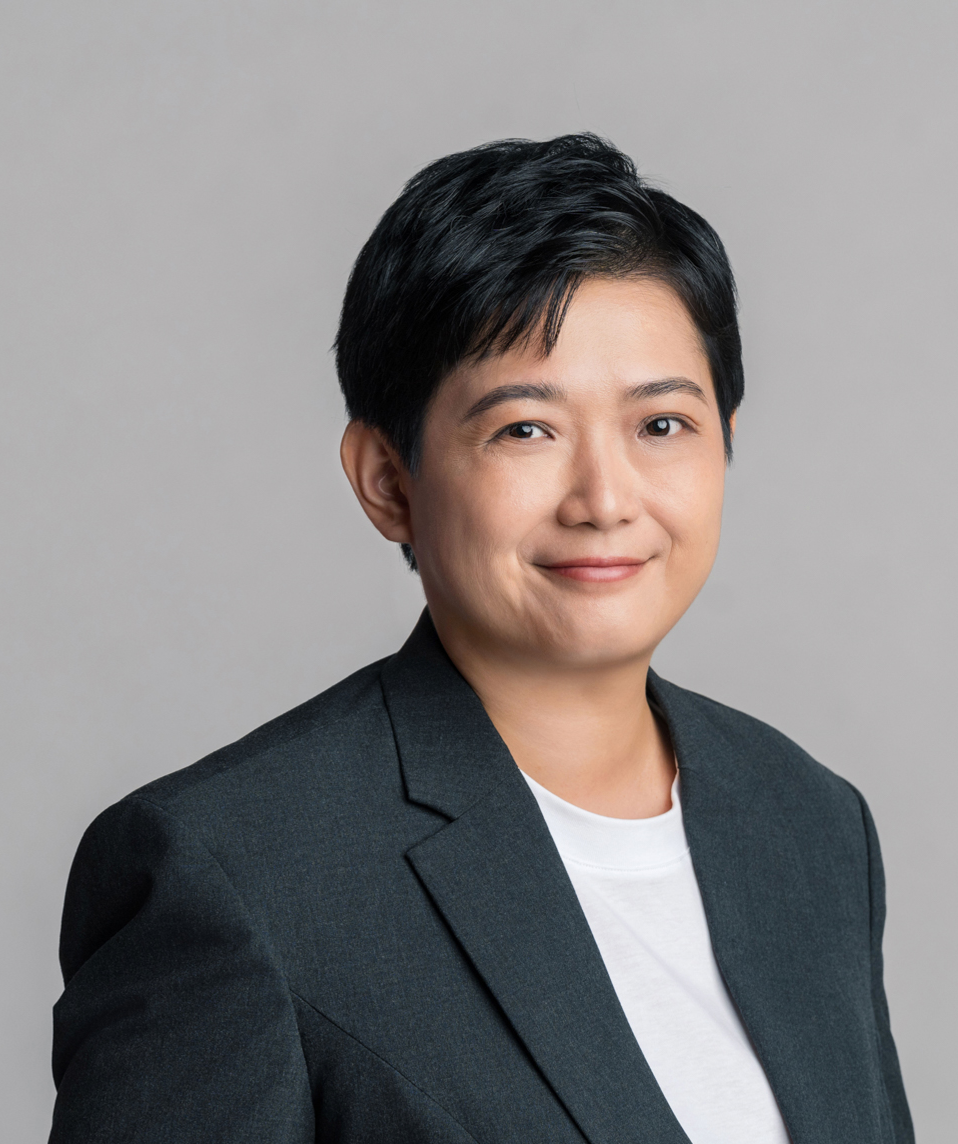
Melisa Tan has served in the public, non-profit, and social sectors since 2006.
Melisa has conducted research on health policy and systems in Asia, with a focus on Singapore, and the global context. She has co-authored two chapters in edited books on non-communicable diseases (NCDs) and tuberculosis control. She has also co-authored 14 peer-reviewed journal articles on health policy and systems, NCDs, and COVID-19.
Melisa was an executive committee member of Engineering Good (2014-2016), secretary of the International Society for Pharmacoeconomics and Outcomes Research (ISPOR) Singapore Chapter (2017-2018), a member of the Population Association of Singapore (2021-2024), and an associate editor of the Journal of Migration and Health (2022-2024). She remains a member of the ISPOR Singapore Chapter.
Melisa graduated with a Diploma in Electronics, Computer, and Communication Engineering from Singapore Polytechnic; an Advanced Diploma in Accounting and Business from the Association of Chartered Certified Accountants; a Bachelor of Science (Honours) in Applied Accounting from Oxford Brookes University; and a Master of Science in International Political Economy from Nanyang Technological University. She obtained the degree of Doctor of Philosophy in Public Health, with a concentration in Health Policy and Systems Research focusing on governance and policy, from the National University of Singapore.
Melisa enjoys reading, thinking, walking, and writing; exploring cultures, history, and nature; and learning new skills beyond her formal training.
--
Note: Unless otherwise stated, Melisa’s writings and social media posts should not be seen as reflecting the views of her former and current employers, as she writes in a personal capacity. Also, unless otherwise stated, it should not be interpreted as offering or denying support for any individual or group.